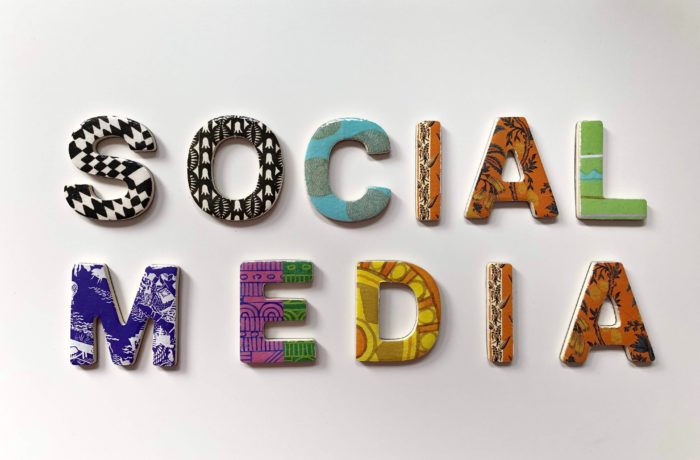Justin’s Blog: “The Jog”
120+ Articles Driven by Research and Practice
How Alcohol Interferes with Getting Over Your Fears (Hint: It Interrupts Fear Disconfirmation)
The Question It was a good question. Anne* suffered extensively with fear, anxiety, and OCD. She wanted any relief she could find. “Can I drink a little alcohol during exposures?” Little Therapist Justin As an early specialist in OCD, I said to Anne my favorite thing to say when I don’t know: “I don’t know.” […]
Read More >Just Because You Tremble Doesn’t Mean You’re Doing It Wrong
Both in the office and in my life I offer a simple reminder: just because you tremble or are afraid or feel distressed DOESN’T mean you’re doing it wrong. In fact, maybe it’s very right. An unbelievably common misconception among human beings is distress = bad. Sure, distress is uncomfortable. Yes, it signals something feels […]
Read More >The Real Cost of Therapy
How much do you charge? This is a very loaded question, indeed. I’m going to give you straight answers to how much therapy actually costs, and why. If you are a consumer of health services, you’ve likely asked it many times between doctors, dentists, and insurance plans. Therapy is no different, yet it is unique […]
Read More >Sugar! My Journey to a Healthier Relationship with Food
“Ah sugar, ah honey honey. You are my candy girl, and you’ve got me wanting you.” The Archies may have been describing a relationship with their lyrics, but that’s been me with my relationship to actual sugar. I love added sugar.[1] 5 years ago, I easily would: Down 3-4 large glasses of Dr. Pepper with a great […]
Read More >Addiction Has No Standard Definition, But That’s Ok For Now
Addiction is confusing. It is confusing to seasoned professionals. Let’s just admit it. It is not a specified diagnosis under the DSM or ICD; it’s only broadly referential to a sometimes amorphous categorization. Under the DSM-IV in 1994, only one vote separated the task force on substance abuse from using the term “addiction” instead of “dependence.” […]
Read More >Setpoints- Why Being Negative Will Make You Stable
Thomas Plets on Pexels This post was originally published on 05/26/2016 on my wordpress and is newly updated. You’re surrounded by setpoints every day. They literally keep you alive. One of them is your set body temperature. If your body drops or rises a mere 15% beyond your core temperature, death occurs. Think of a setpoint like […]
Read More >Stages of Change
Why won’t they change??!! True, long-lasting change is based on a re-orientation of a person’s heart attitude and approach. This can’t be forced. Few people like to change under compulsion. I actually haven’t met one. People that are so passive that they let others force transformation usually hold onto their beliefs internally, ending up with resentments, bitterness, […]
Read More >Attracting Bad Relationships: How You Become A Jerk-Magnet
How did this happen again? Do I have a sign on my face that says, ‘Take advantage of me’? A common counseling topic is addressing habitual and self-destructive patterns in relationships. For the person that keeps getting stuck and attracting the same jerk over and over again, I have good news: there are clear, identifiable […]
Read More >








